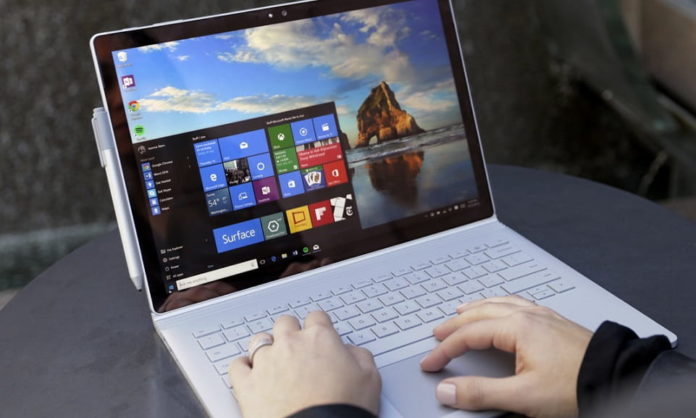Microsoft’s effort of bringing all of its customers to the shade of Windows 10 is working quite well but slow. According to NetMarkatShare data for the month of January, Windows 10 is just a mini step behind Microsoft’s most loved Windows, Windows 7. NetMarketShare predicts that Windows 10 will get past of Windows 7 by the second half of this year.
Windows 10 gained almost 2% market share in the course of two months, from 32.93% in December 2017 to 34.29% in January 2018. Windows 7, on the other hand, dropped from 43.08% to 42.39%.
Windows 7 and Windows 10 currently are the two major Windows operating system in terms of usage and global market share. While Windows 7 is currently dominating by a thin margin, Windows 8.1 still manages to remain in the third place with a market share of 5.56%, down from 5.71% in December.
Windows XP somehow manages the 4th spot with a market share of 4.05% dropped from 5.18% in December.

Needless to say that the growth of Windows 10 is a very good news for Microsoft. The company might lose the mobile battle but in desktop counterparts, it still holds the grip with a homogeneous market share of 87.79 %, followed by macOS with 9.59% and Linux with 1.93%.
Microsoft making all the necessary changes so that people love Windows once again, going by the market share we clearly see that the effort is paying off for Microsoft. While the software giant is making all the efforts, Security threats that infect older versions of Windows are also helping Windows 10 to grow as more people are upgrading their older versions of Windows.






















